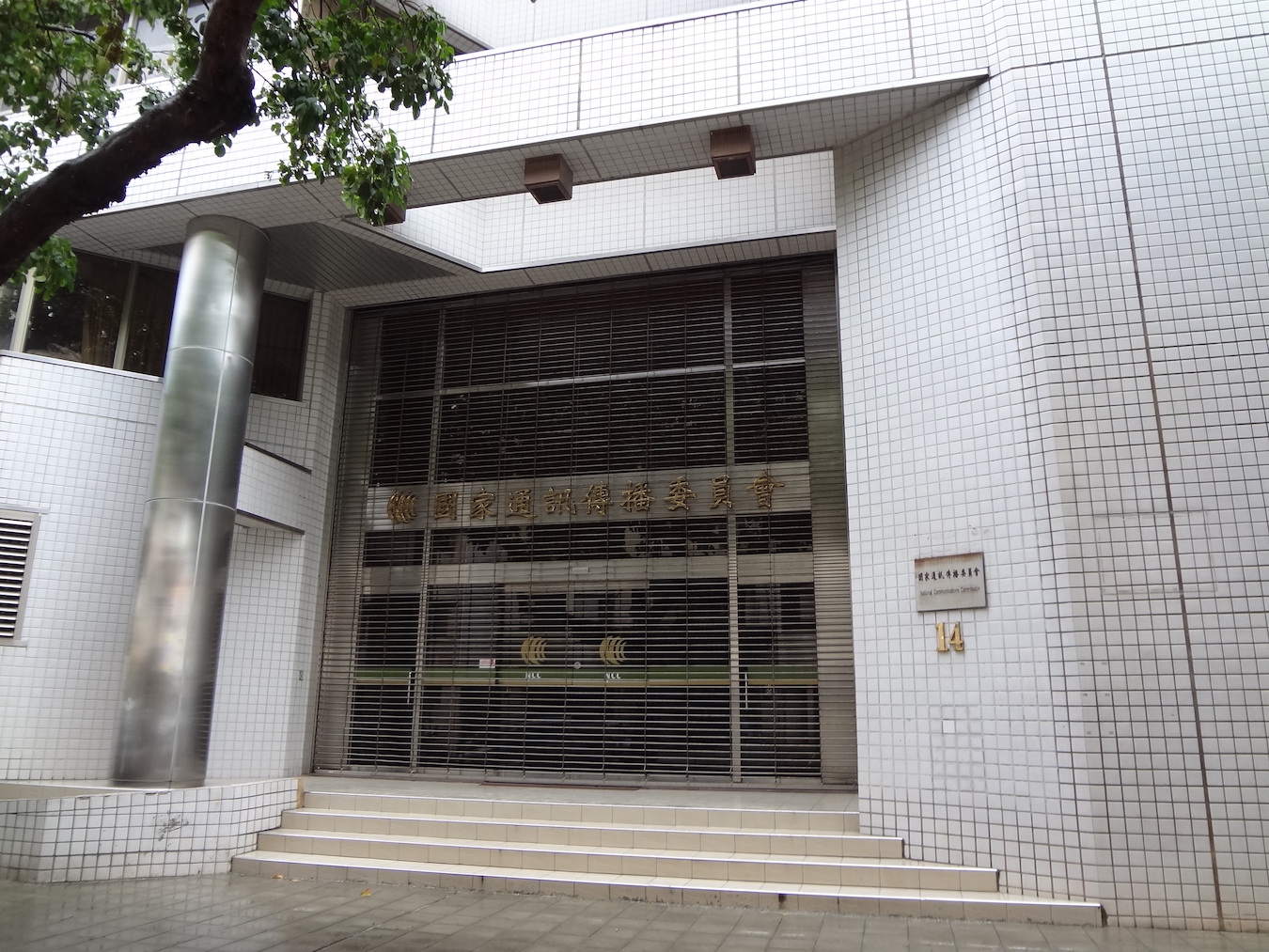by Brian Hioe
語言:
English
Photo Credit: Solomon203/WikiCommons/CC BY-SA 3.0
A CONTROVERSY INVOLVING illegal investments by SET News in March is likely to be leveraged on by the pan-Blue camp to attack the DPP. In particular, SET News has come under fire for violating promises to the National Communications Commission and investing in Homeplus Digital. The exchange took place in 2018, with SET TV co-founder Chang Rong-hua investing in shareholders of Homeplus Digital.
SET News is seen as close to the DPP. This is especially the case seeing as an entirely, now seemingly defunct DPP faction, the “Sea Faction”, was largely backed by SET News founder Lin Kun-hai. The name of the faction, sometimes rendered as the “Taiwan Forward Faction,” was derived from the second character of Lin’s given name, which is the same character as “Sea.”
It is not uncommon for wealthy entrepreneurs to purchase media outlets in Taiwan, or otherwise become involved in the media, so as to influence Taiwanese elections. For example, the 2024 presidential election saw media personality Jaw Shaw-kong serve as the vice presidential candidate of the KMT ticket. Jaw is the chair of the Broadcasting Corporation of China (BCC), though Jaw has faced allegations in the past that he became chair of the BCC because it was one of many KMT party assets that it sought to pass to supporters. This occurred because the KMT anticipated that the DPP might eventually target it over its party assets, largely retained from property seizures that date back to the Japanese colonial period, at some point. One saw similarly with how the Central Motion Pictures Corporation was passed onto KMT legislator Alex Tsai.
Most controversially, foodstuff entrepreneur Tsai Eng-meng made no secret that his acquiring of major media outlets such as the China Times or CtiTV was for the sake of promoting China-friendly views in Taiwan. After Tsai acquired such outlets, they largely stayed away from stories featuring critical views of China. In the years since, outlets owned by Tsai’s Want Want Group have been reported as directly taking orders from China’s Taiwan Affairs Office or accepting Chinese funding.
At the time he acquired such outlets, Tsai’s actions led to the outbreak of the Anti-Media Monopoly Movement, one of the predecessor movements of the 2014 Sunflower Movement. As a number of NCC officials participated in the Anti-Media Monopoly Movement at the time, the KMT has tried to depict the Tsai administration as appointing individuals to the NCC to try and curb opposing political viewpoints. The KMT has sought to lash out similarly at the Tsai administration’s efforts to regulate Chinese streaming providers.
 Photo credit: Solomon203/WikiCommons/CC BY-SA 3.0
Photo credit: Solomon203/WikiCommons/CC BY-SA 3.0
CtiTV was taken off air in the aftermath of the 2020 elections, which at one point saw an astonishing 70% of coverage focus on Tsai’s apparent preferred political candidate for the KMT nomination, Han Kuo-yu. But the justification for taking CtiTV off air by the NCC largely focused on false reporting, such as alleging that an “auspicious cloud” shaped like a phoenix appeared when three KMT mayors gathered and inflating the crowd count for Han’s inauguration. Thus, CtiTV lost its broadcast license on such grounds.
Since CtiTV was taken off air, it has since switched to streaming. That being said, the KMT has sought to retaliate against CtiTV losing its broadcast license by trying to sink Mirror Media from replacing CtiTV on its coveted programming slots. The KMT alleges that Mirror Media is close to the DPP, hence why it has been allowed to move toward broadcasting. Though Mirror Media also frequently reports critically on the DPP, this narrative that Mirror Media is pan-Green favors the KMT’s claims that the DPP is engaged in a campaign of persecution against it.
Contention about Mirror Media continues in the present. Since the election, the TPP has also taken a hard line against Mirror Media, calling for a reopening of the investigation into whether the NCC acted to allow for Mirror Media to be approved in a way that violates broadcasting regulations. The TPP has aligned with the KMT in such calls. Particular ire focuses on the fact that Mirror Media founder Pei Wei continued to receive consulting fees of 1.5 million NT even after resigning as chair.
For its part, the NCC has defended its conduct, stressing that it worked in coordination with the Financial Supervisory Commission, Investment Commission, Ministry of Justice, Mainland Affairs Council, and National Security Bureau to ensure there were no irregularities with the approval process. The NCC has framed its conduct as having already been vindicated, while expressing dismay about the reopening of an investigation into it.
One may see similar contention with regard to SET News. The NCC’s failing to stop SET’s investment in Homeplus Digital will be framed as the Tsai administration being willing to allow for media monopoly if it takes place under its auspices. Likewise, as the NCC has indicated that it will probably fine but not remove SET’s broadcast license over its actions, this will be criticized as favoritism to pan-Green outlets. It is to be seen whether the issue is one that resonates with the public, however, or remains a partisan issue.

